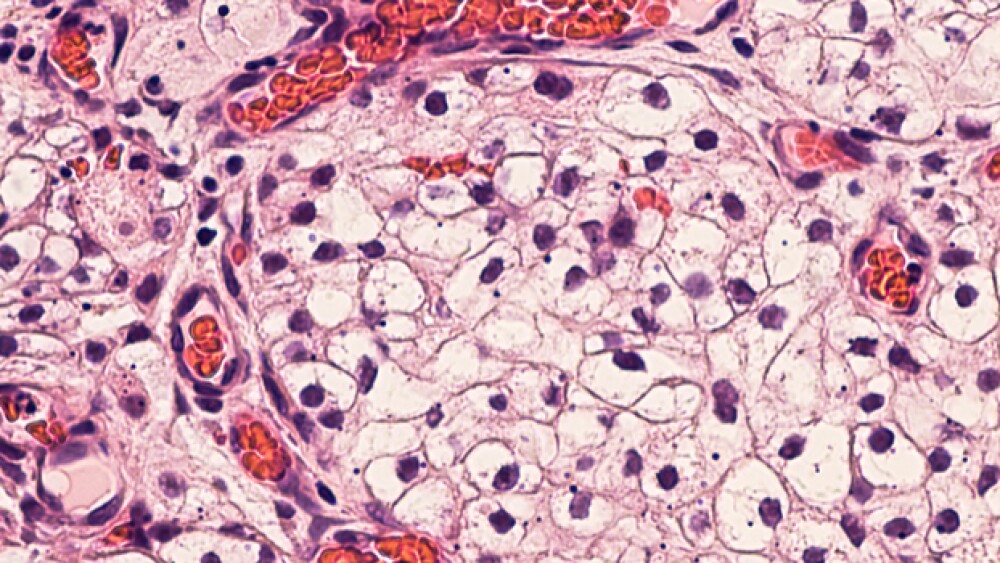Vaccinex, a company developing a novel approach to treat both cancer and neurodegenerative disease through the inhibition of SEMA4D, will pair its lead asset with Merck’s vaunted checkpoint inhibitor Keytruda.
Vaccinex, Inc., a company developing a novel approach to treat both cancer and neurodegenerative disease through the inhibition of SEMA4D, will pair its lead asset with Merck’s vaunted checkpoint inhibitor Keytruda.
Rochester, N.Y.-based Vaccinex intends to combine its investigational SEMA4D inhibitor, pepinemab, and Merck’s anti-PD-1 therapy, Keytruda, as a potential treatment for patients with advanced, recurrent or metastatic head and neck squamous cell carcinoma (HNSCC). Pepinemab, also known as VX15/2503, is a humanized monoclonal antibody that binds and blocks the activity of semaphorin 4D (SEMA4D) which is an extracellular signaling molecule that regulates the migration and function of immune and inflammatory cells.
In preclinical studies, pepinemab has demonstrated that the biological activities associated with antibody blockade of SEMA4D promote immune cell infiltration into tumors and prevent neurological damage in neuroinflammatory and neurodegenerative disease models, including Huntington’s disease, the company said this morning.
Vaccinex intends to conduct a dose escalation study, followed by an expansion phase that will enroll up to 65 HNSCC patients allocated to different levels of combined positive score (CPS) of PD-L1 expression. CPS is a biomarker associated with benefit in response to immunotherapy, and a major goal of this study is to determine whether combination therapy can improve response in these populations. Key endpoints of the study include objective response, progression free survival and overall survival.
Maurice Zauderer, chief executive officer of Vaccinex, said his company is pleased to partner with Merck to evaluate the potential of the combination of pepinemab and Keytruda.
“Several prior studies suggest that inhibition of SEMA4D increases immune infiltration and alters the balance of cytotoxic and immunosuppressive cells in the tumor microenvironment. SEMA4D is highly expressed in HNSCC and is believed to promote correspondingly high levels of myeloid derived suppressor cells. This collaboration provides an opportunity to evaluate this innovative approach in combination with anti-PD-1 therapy,” Zauderer said in a statement.
Merck’s Keytruda was approved in 2019 as a monotherapy first-line treatment for patients with metastatic or with unresectable, recurrent HNSCC. The approval marked Keytruda as the first anti-PD-1 therapy approved in the first-line setting as monotherapy in patients whose tumors express PD-L1 or in combination with chemotherapy regardless of PD-L1 expression for patients with metastatic or with unresectable, recurrent HNSCC and the first anti-PD-1 therapy to demonstrate a statistically significant improvement in OS in these patients. Keytruda was initially approved for the treatment of patients with recurrent or metastatic HNSCC with disease progression on or after platinum-containing chemotherapy in 2016.





